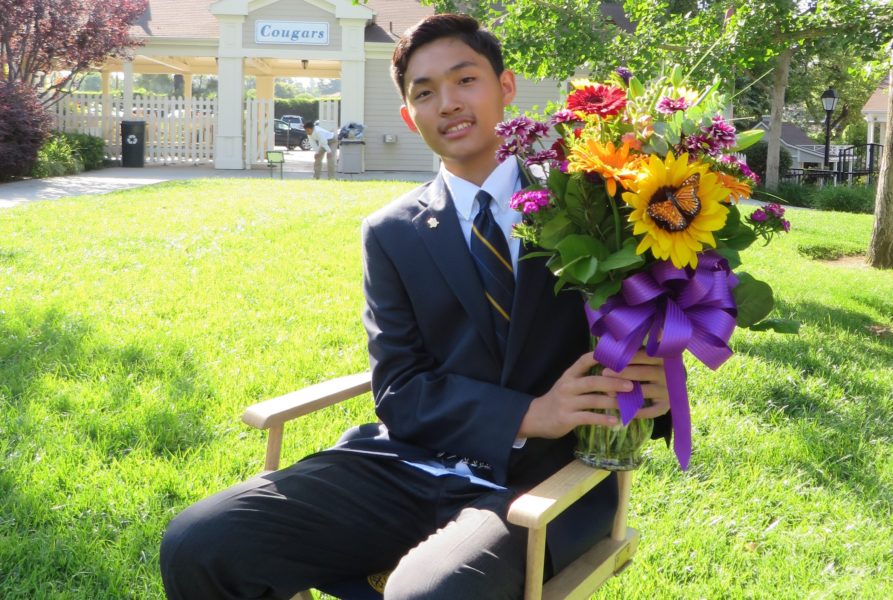
By Sheldon D. Fields
The United States is rapidly growing grayer and more ethnically diverse.
Today, about one in seven Americans is 65 or older. In less than 15 years, one in five Americans will be there, a percentage that will continue to rise. Meanwhile, the Census Bureau projects that by 2044, over half of all Americans will belong to an ethnic group other than non-Hispanic white. By 2060, nearly one in five Americans will be foreign born.
These demographic shifts will strain a healthcare system ill-prepared for it. Case in point: America’s looming nurse shortage.
The largest component of the healthcare workforce, nurses play an indispensable role in the provision of health care. But in the years to come, the demand for nursing services will outstrip the supply — all the more so because of the 20-plus million people who gained access to healthcare under the Affordable Care Act.
In this environment, the skills of nurses — and specifically, advanced practice nurses — will be especially valuable. Averting any shortfall will require policies from Washington aimed at making the most of those who enter the nursing profession.
Advanced practice nurses possess a higher level of medical expertise, training, and decision-making authority than traditional registered nurses.
The quality of care these nurses provide is excellent. In one study, the health outcomes of primary care patients treated by advanced practice nurses were as good as those for patients treated by physicians. In many cases, patient satisfaction was higher for those who were treated by advanced practice nurses.
Moreover, the versatile skill set of these nurses makes them well-suited to provide services to populations that would otherwise be underserved. Clinics staffed by a nurse practitioner can make a huge difference in areas where the nearest physician is far away.
Shifting demographics will also reduce the supply of nurses. The average age of a working registered nurse is over 50, and nearly half of our 2.7 million nurses will reach retirement age within the next 15 years.
Nursing schools aren’t producing enough graduates to provide the 1.2 million new nurses our nation will need by 2030. A lack of resources forced nursing schools to turn away more than 64,000 qualified applicants in the 2016-17 academic year.
On this front, there’s much that lawmakers can do, starting with providing healthcare and educational institutions with the resources to train more nurses.
They can allocate more funding towards Title VIII Nursing Workforce Development programs, which support nurses practicing in underserved communities, nursing diversity grants, the National Nurse Service Corp, and nurse faculty loan forgiveness.
Congress should also remove barriers that prevent advanced practice nurses from making full use of their skills.
In Alabama, a nurse practitioner must have a physician present 10 percent of the time to practice. When nurse practitioners in Missouri treat a new patient, that patient is required to see the collaborating physician within two weeks.
There’s ample precedent for rolling back such regulations. Last year, the Department of Veterans Affairs amended its rules to allow advanced practice nurses to do everything their training and certification empowers them to do in any VA facility. Congress should follow the VA’s lead and override onerous state restrictions, allowing advanced practiced nurses full practice authority.
Not all healthcare reforms need to inspire partisan conflict. Commonsense reforms to avert a nursing shortage deserve the support of both parties — and are essential to cope with our coming demographic upheaval.
Sheldon D. Fields, Ph.D., RN, FNP-BC, FAAN, is Dean of the School of Health Professions at New York Institute of Technology.





